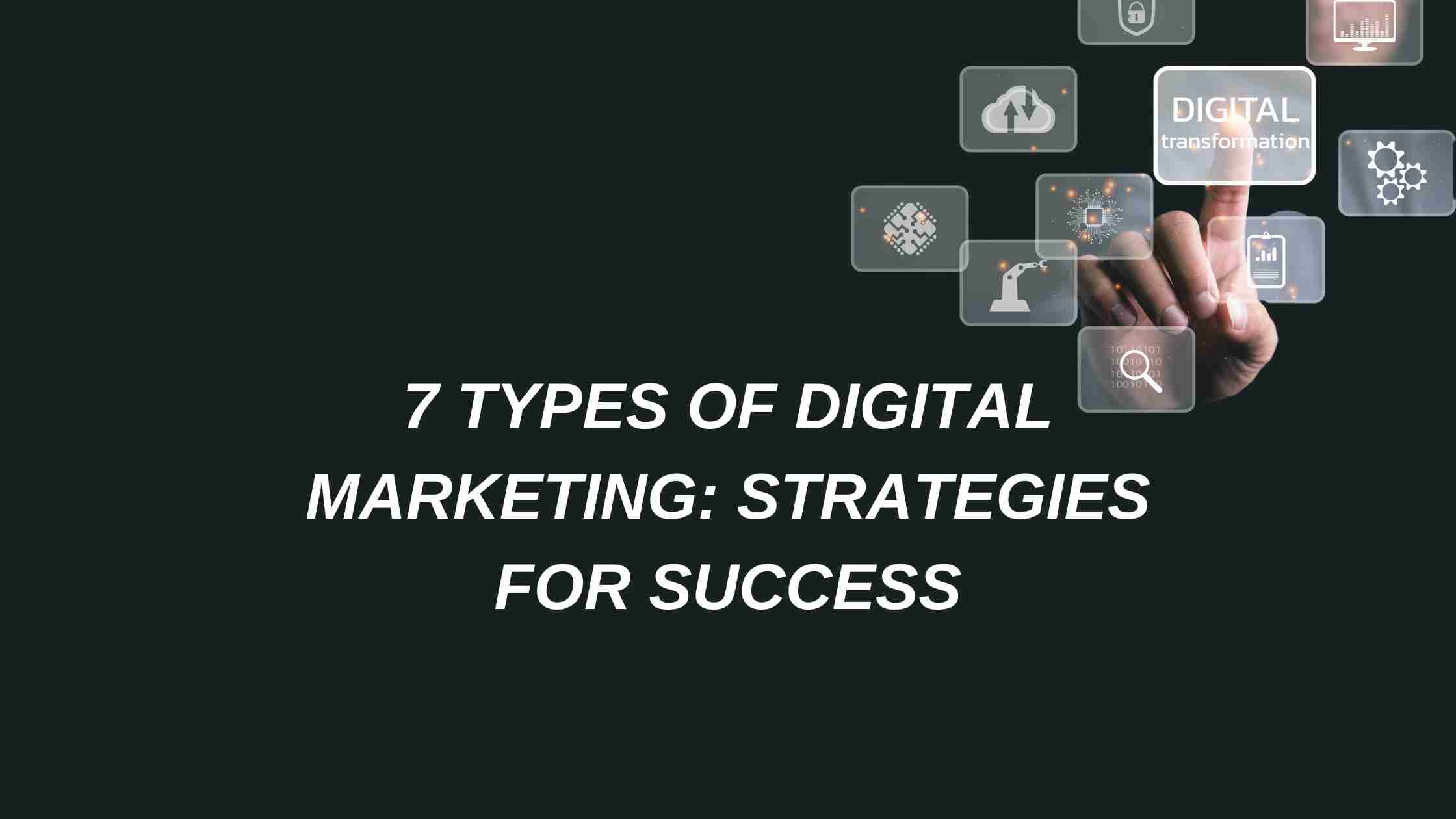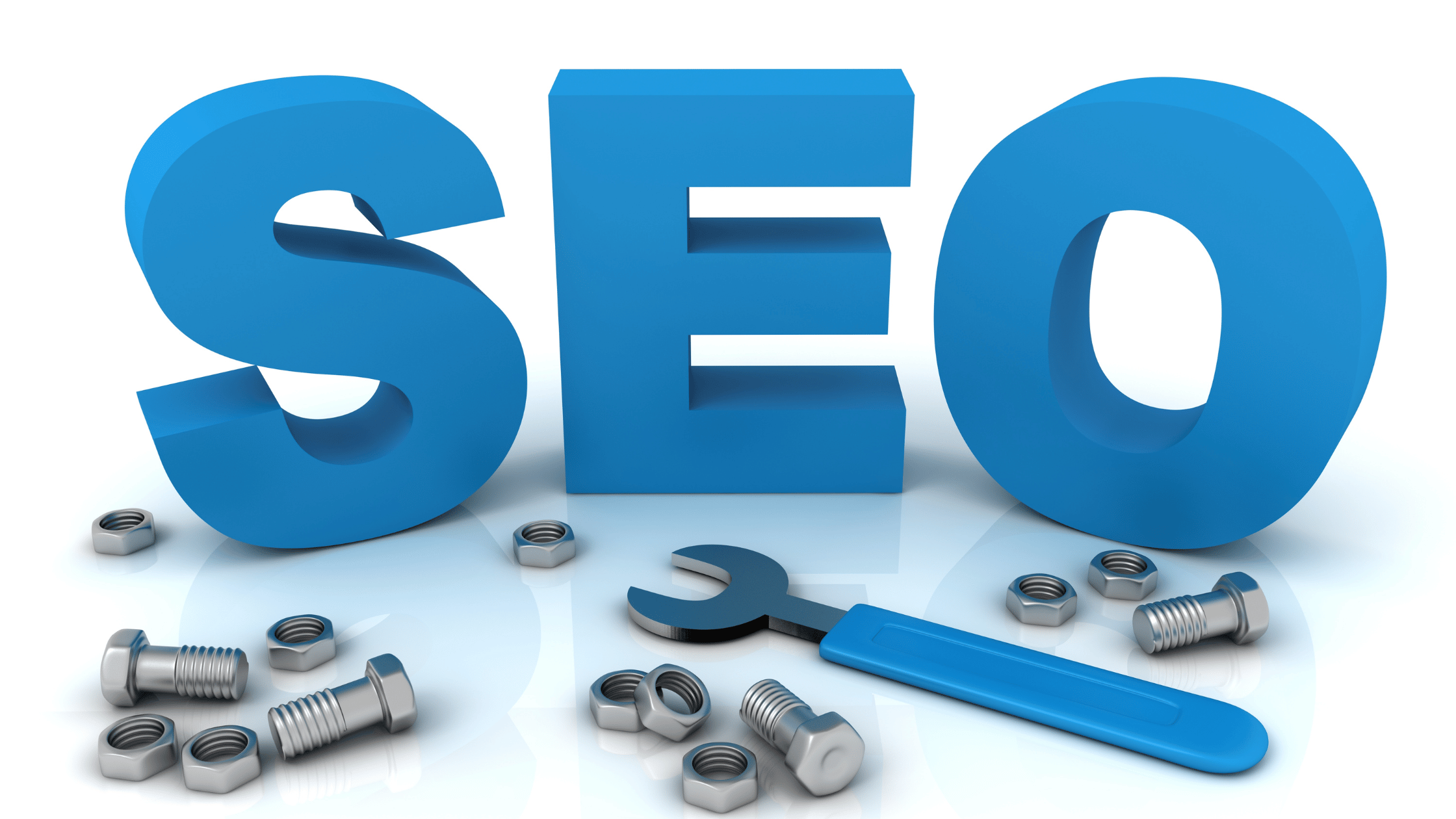From search engine optimization (SEO) to social media marketing, understanding the different types of digital marketing can help you create a holistic approach that drives growth and success. This article explores the seven key types of digital marketing and how they can benefit your business.
1. Search Engine Optimization (SEO)
SEO is the process of optimizing your website and content to improve visibility in search engine results pages (SERPs). The goal of SEO is to attract organic (non-paid) traffic to your site.
Key Components of SEO:
- On-Page SEO: This involves optimizing individual pages on your website through keyword research, meta tags, header tags, and high-quality content.
- Off-Page SEO: This refers to activities that take place outside your website to improve its authority, such as backlink building and social media engagement.
- Technical SEO: This focuses on the technical aspects of your website, including site speed, mobile-friendliness, and crawlability by search engines.
By implementing effective SEO strategies, businesses can increase their visibility, drive more traffic, and ultimately boost conversions.
2. Content Marketing
Content marketing is the creation and distribution of valuable, relevant content to attract and engage a specific target audience. The primary goal of content marketing is to establish authority and build relationships with potential customers.
Key Types of Content:
- Blogs: Informative articles that provide value to your audience and help improve SEO.
- Videos: Engaging visual content that can be shared on platforms like YouTube, social media, or embedded on your website.
- Infographics: Visually appealing representations of data or information that simplify complex topics.
- E-books and Whitepapers: In-depth resources that provide valuable insights and can be used to generate leads.
By focusing on content marketing, businesses can improve brand awareness, engage customers, and drive conversions.
3. Social Media Marketing
Social media marketing involves using social media platforms to connect with your audience, build brand awareness, and drive website traffic. It encompasses organic and paid strategies to achieve marketing goals.
Popular Social Media Platforms:
- Facebook: Offers targeted advertising and a wide audience base.
- Instagram: Visual content sharing platform ideal for brands with strong visual identities.
- Twitter: Real-time engagement and updates, perfect for customer interaction and trending topics.
- LinkedIn: Professional networking site for B2B marketing and connecting with industry professionals.
By developing a strong social media presence, businesses can enhance customer relationships, foster community engagement, and increase brand loyalty.
4. Email Marketing
Email marketing is a direct communication channel that allows businesses to reach their audience through targeted messages. This type of digital marketing is highly effective for nurturing leads, promoting products, and building customer loyalty.
Key Elements of Email Marketing:
- Newsletters: Regular updates about your business, industry news, or valuable content sent to subscribers.
- Promotional Emails: Special offers, discounts, and product launches aimed at encouraging purchases.
- Personalized Campaigns: Tailored messages based on user behavior, preferences, and demographics.
Effective email marketing can lead to increased engagement, higher conversion rates, and improved customer retention.
5. Pay-Per-Click Advertising (PPC)
PPC advertising is a paid digital marketing strategy where businesses pay a fee each time their ad is clicked. This model allows businesses to drive targeted traffic to their websites quickly.
Key PPC Platforms:
- Google Ads: The most popular platform for search engine advertising, allowing businesses to display ads on Google search results.
- Social Media Ads: Platforms like Facebook, Instagram, and LinkedIn offer targeted advertising options to reach specific demographics.
- Display Advertising: Banner ads displayed on websites, aimed at brand awareness and retargeting.
By utilizing PPC advertising, businesses can achieve immediate visibility, target specific audiences, and track campaign performance effectively.
6. Affiliate Marketing
Affiliate marketing is a performance-based marketing strategy where businesses reward affiliates for driving traffic or sales through their promotional efforts. This type of marketing leverages the power of partnerships to reach new audiences.
Key Components of Affiliate Marketing:
- Affiliates: Individuals or organizations that promote your products or services in exchange for a commission on sales.
- Affiliate Networks: Platforms that connect businesses with affiliates and facilitate tracking and payments.
- Promotional Content: Affiliates use various marketing strategies, including blog posts, social media, and email marketing, to promote your products.
By implementing an affiliate marketing program, businesses can expand their reach, boost sales, and lower customer acquisition costs.
7. Influencer Marketing
Influencer marketing involves collaborating with influential individuals who have a significant following on social media or other platforms. Brands leverage these influencers to promote their products or services to their audience.
Key Benefits of Influencer Marketing:
- Authenticity: Influencers have established trust with their followers, making their recommendations more impactful.
- Targeted Reach: Brands can choose influencers whose audience aligns with their target market, ensuring a more effective marketing campaign.
- Content Creation: Influencers often create high-quality content that can be repurposed across other marketing channels.
By incorporating influencer marketing into their digital strategy, businesses can enhance brand visibility, reach new audiences, and drive engagement.
Conclusion
Understanding the seven types of digital marketing is crucial for any business looking to thrive in today’s digital environment. By leveraging SEO, content marketing, social media marketing, email marketing, PPC advertising, affiliate marketing, and influencer marketing, businesses can create a comprehensive digital marketing strategy that drives growth and success.
For more insights into effective digital marketing strategies, check out our article on Zomato’s Digital Marketing Strategy, which showcases how a leading player in the food tech industry captures market share through innovative marketing tactics.


